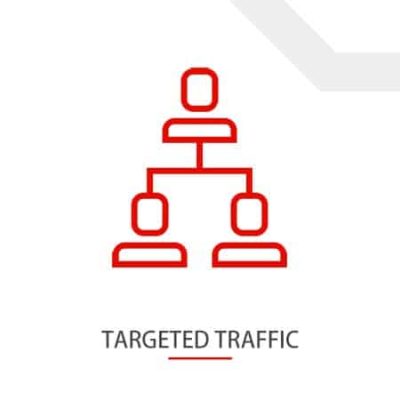WHAT YOU WILL LEARN
In this Lesson, you will learn what spam is and why it is prohibited. You will learn how to avoid spamming. You will learn that there are many effective alternatives to lead generation on the Internet that do not involve spam. You will learn the “Rules of Thumb” to avoid spamming. You will learn how not to be overwhelmed by the many different sources of spam rules and definitions, but rather to use your common sense and the Rules of Thumb to avoid spam while still maintaining an aggressive Internet marketing program.
INTRODUCTION
The first thing you want to know when starting any new endeavor—and the first thing you are usually told—is what NOT to do. You need to know what to avoid in order not to get in big trouble while learning the ropes of Internet Income. You can get into big trouble by using unsolicited commercial e-mail (UCC), commonly called “spam.”
A subsequent lesson will address the formal definitions and rules of spam. For now, let’s take a few minutes to just talk about spam. Unless you are very unusual, you will never memorize all the definitions and rules pertaining to spam (for there are many) and, thus, will never have a foolproof system of avoiding spam technically. If you gain a relatively simple understanding of it, however, you can safely avoid spam just by using your good common sense.
WHAT IS SPAM?
There are many definitions of spam. For example, Netscape defines spam as the sending of more than five e-mails in bulk to persons you do not personally know. Most others define spam more strictly. The most general definition of “spam” is “the sending of unsolicited commercial e-mail.”
When you open your snail mailbox everyday and see numerous unsolicited commercial advertisements that have been delivered to you by the postal service, it makes you wonder why unsolicited electronic e-mail is outlawed. Like all laws and rules, however, we should look more to history than to logic to understand why they came to be. Although the Internet did not become popular with the public until the early 1990s, the Internet has been in existence for a long time. Prior to the early 1990s, the Internet was used primarily by the military and university scientists. These users were conducting what they justifiably felt was important business which could not be interrupted by any commercial correspondence. For most of the Internet’s history, ALL commercial correspondence was completely banned. Only recently has commercial use of the Internet been allowed at all. Although this total restriction on commercial use was lifted, a restriction on unsolicited commercial e-mail remains—and for good reason.
E-mail is for communicating, not for advertising. Unsolicited commercial e-mail is annoying! Without restriction, it has the capacity to come in such large numbers as to render your e-mail completely useless and even to shut down your e-mail server altogether. This is due to the fact that, unlike snail mail, e-mail can be sent in tremendous bulk with very little effort and very little cost. Because it is so cheap and easy to send, we would all receive thousands of messages a day from each of thousands of sources were it not prohibited. Since many people break the no spam rules and send it out anyway, we all have had some taste of what it would be like if it were not prohibited. Spam understandably makes people mad. When they get mad, they report spammers to their ISPs or other organizations or to the government authorities. Bad consequences, such as losing Internet service or even facing civil and criminal penalties, result from spamming. Therefore, you want to make sure that you never spam!
The Internet covers the entire world. There are many different laws in many different jurisdictions pertaining to spam. Plus, losing your Internet service or having your domain blocked due to spam is a matter of contract that varies from provider to provider, each having its own specific rules about spam in its “Acceptable Use Policy.” So, how can you possibly avoid spam when there are so many different rules and regulations? The answer is to use common sense. In a subsequent installment we will discuss the technical rules and contracts, but for now, let us just show you how to use your common sense to avoid spam.









